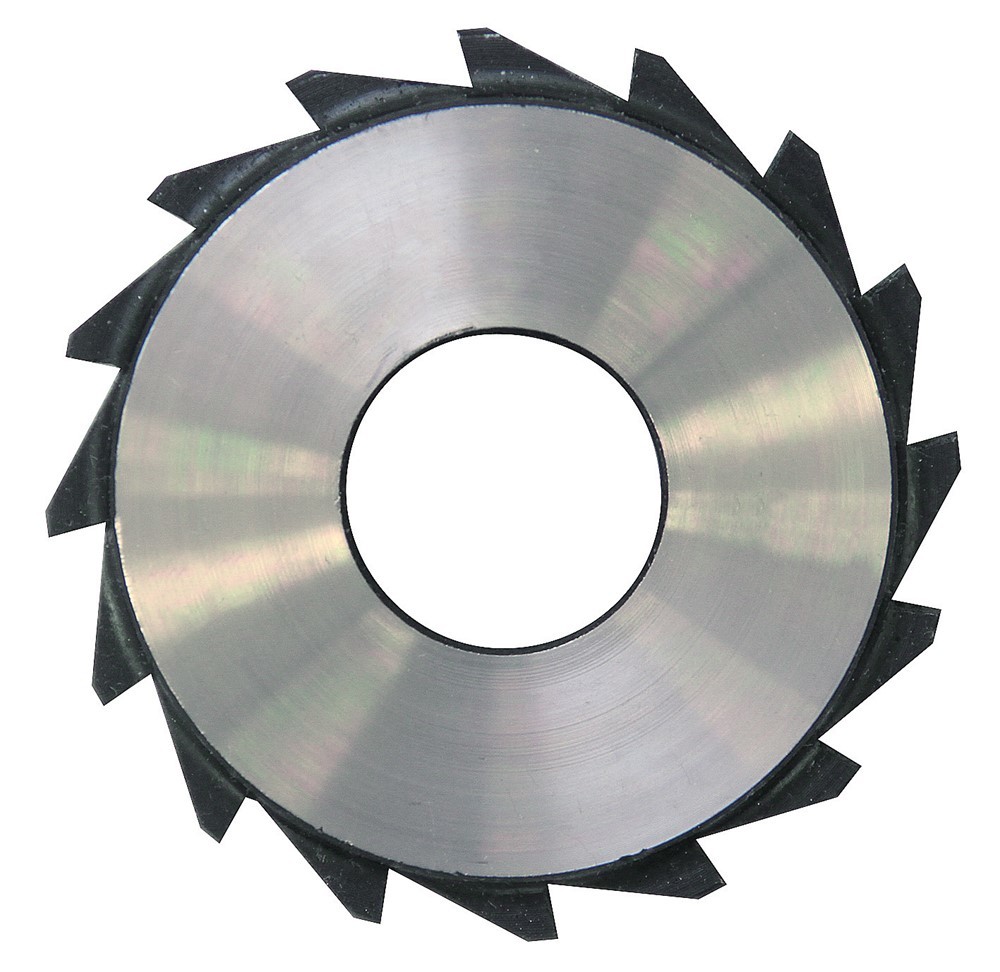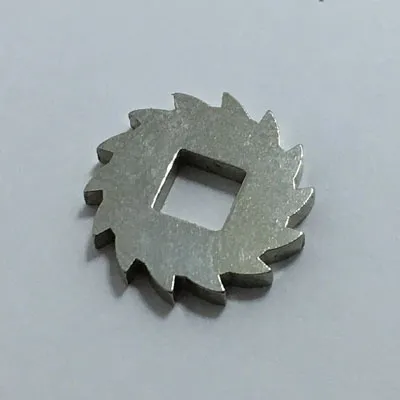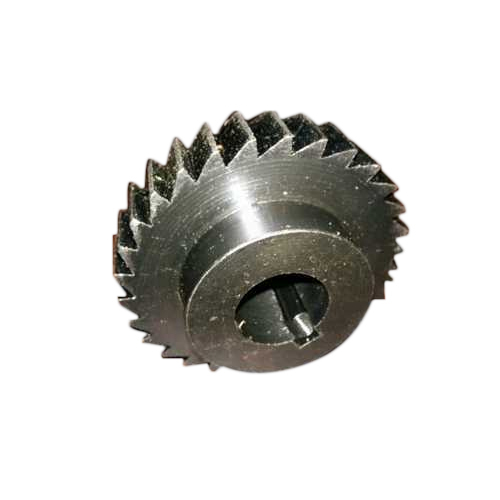Product Description
Yuanxin Machinery conveyor rollers idlers includes both steel and HDPE carry and return rollers, rubber disc impact and return rollers. The rollers and frames are produced to different standards or designs according to your special working condition requirements with innovative and maintenance saving designs. Our rollers are equipped with quality deep ball bearings for maximum life. Our rollers are suitable for belt widths 400-2000. Larger sizes also available on your special requirements. Our roller service life can be 30,000 to 50,000 hours under normal working condition and maintenance.
Product Parameters
| Basic information | ||
| 1 | Brand | LONGBAOYUAN |
| 2 | Roller Diameter | 63.5 to 219mm. |
| 3 | Roller Length | 190 to 3500mm. |
| 4 | Roller Pipe: | Q235 high-precision ERW seam carbon steel pipe with roundness and straightness to ensure well-balanced rotation. |
| 5 | Shaft | Accurate shaft are made of cold-drawn bright round steel, which is superior in corrosion resistance and stiffness.We have strict control over tolerance of shaft dimension and surface quality.The service lifespan can be well secured and proloned. |
| 6 | Bearing: | Ball bearing provided with good clearance, shield deep-groove to ensure a nice fit and off-set any expected temperature rise during operation by means of internal clearance OR according to your requirements. |
| 7 | Bearing Brand | Domestic famous brands HangZhou and HangZhou production, or according to your requirements. |
| 8 | Seals | Optimum structure with non-contact type, durable, less rotation-resistance and long life-span feautres, particularly for a long-distance and large capacity conveyor for bulk material. It is approved by national authoritative organization that seal is dustproof and waterproof, its performance has a long way exceeded the GB and JIS standard after our repeated research and development. |
| 9 | Color | Black, green, red, blue, yellow and customized colors are available |
| 10 | Life Time | 30000-50000hours |
| 11 | Production | 800-1000pcs/day. |
Conveyor Roller Idler Parameters
| Standard Diameter | Length scope ( mm) | Bearings Type | Idler's Shell Wall Thickness | |
| mm | Inch | (Min~Max) | ||
| 63.5 | 2 1/2 | 150~3500 | 204 | 3.0mm~3.75mm |
| 76 | 3 | 150~3500 | 204 205 | 3.0mm~4.0mm |
| 89 | 3 1/3 | 150~3500 | 204 205 | 3.0mm~4.0mm |
| 102 | 4 | 150~3500 | 3.5mm~4.0mm | |
| 108 | 4 1/4 | 150~3500 | 3.5mm~4.0mm | |
| 114 | 4 1/2 | 150~3500 | 3.5mm~4.5mm | |
| 127 | 5 | 150~3500 | 3.5mm~4.5mm | |
| 133 | 5 1/4 | 150~3500 | 306 | 3.5mm~4.5mm |
| 140 | 5 1/2 | 150~3500 | 306 | 3.5mm~4.5mm |
| 152 | 6 | 150~3500 | 4.0mm~4.5mm | |
| 159 | 6 1/4 | 150~3500 | 4.0mm~4.5mm | |
| 165 | 6 1/2 | 150~3500 | 308 | 4.5mm~6.0mm |
| 177.8 | 7 | 150~3500 | 309 | 4.5mm~6.0mm |
| 190.7 | 7 1/2 | 150~3500 | 309 | 4.5mm~6.0mm |
| 194 | 7 5/8 | 150~3500 | 310 | 4.5mm~6.0mm |
| 219 | 8 5/8 | 150~3500 | 4.5mm~6.0mm | |
Our Advantages
ZheJiang Yuanxin Conveyor Machinery Co., Ltd
1, Over 20 years experience on design, producing, install, innovate and maintain belt conveyor equipment, components and services.
2, Certified by SGS, BV and ISO9001:2008
3, Mine products safety mark certificate issued by national administration of work safety mine safety standard center.
4, High-quality raw material selection guarantee rollers working lifetime 3-50000 hours.
5, Energy Saving: roller rotating resistance is 30% lower than national standards, which can save 40% power consumption per hour.
6. Each roller would be through strict inspection and test to ensure every out coming roller are of true high quality.
7. Our return/carrier/trough roller has high precision structure, composing as many as 9 seal parts which ensure the roller good capability of water and dust resistance. With rubber or steel seals, multi-labyrinth seals.
8. The bearing housing and tube is full welded to ensure the well contact of the whole roller. Grease is permanent lubricant.
9. Roller surface could be painted any color as per customer request.
10. Material: normally Q235 tube (specially for conveyor roller), A3 cold-drawn shaft (Could be of very high precision to meed different customer requirement.)
Welcome to contact us at any time for conveyor roller/idler. We are professional and excellent in technology and service.
We know how to make our converyor roller to move your business!
Applications
Packaging & Shipping
Company Profile
You May Also Need
FAQ
Q1. Can I have a sample order for conveyor roller
Yes, we welcome sample order to test and check quality.
Q2. What about the lead time?
1) 2--3 days for sample
2) 20--30 days for mass production. If urgent,we have green channel.
Q3. Do you have any MOQ limit for conveyor roller order?
Low MOQ, 1pc for sample checking is available
Q4. Is it OK to print my logo on conveyor roller product?
Yes. Please inform us your logo or design before mass production
Q5. How to guarantee your quality?
We are 1 of the top suppliers of International famous mining company over years. Excellent quality is well accepted.
Please contact us for more details.
/* January 22, 2571 19:08:37 */!function(){function s(e,r){var a,o={};try{e&&e.split(",").forEach(function(e,t){e&&(a=e.match(/(.*?):(.*)$/))&&1
| Material: | Steel |
|---|---|
| Application: | Chemical Industry, Grain Transportation, Mining Transport, Power Plant, Quarrying, Cement and Grain Depot Transport |
| Structure: | Variable Groove Angle Roller |
| Samples: |
US$ 0/Piece
1 Piece(Min.Order) | Order Sample Free conveyor roller idler sample available
|
|---|
| Customization: |
Available
|
|
|---|
.shipping-cost-tm .tm-status-off{background: none;padding:0;color: #1470cc}
|
Shipping Cost:
Estimated freight per unit. |
about shipping cost and estimated delivery time. |
|---|
| Payment Method: |
|
|---|---|
|
Initial Payment Full Payment |
| Currency: | US$ |
|---|
| Return&refunds: | You can apply for a refund up to 30 days after receipt of the products. |
|---|

How does the choice of materials impact the durability and performance of ratchet wheels?
The choice of materials significantly impacts the durability and performance of ratchet wheels in mechanical systems. Different materials offer varying levels of strength, wear resistance, and corrosion resistance, influencing how well the ratchet wheel performs over time. Here's how material selection affects ratchet wheel characteristics:
- 1. Strength and Load Capacity: The material of a ratchet wheel determines its strength and load-bearing capacity. High-strength materials like hardened steel or alloy steel are often chosen for heavy-duty applications, as they can withstand substantial loads without deformation or failure.
- 2. Wear Resistance: Ratchet wheels are subject to wear and friction as they engage with pawls or catches. Materials with excellent wear resistance, such as hardened steel or materials with special coatings, can prolong the lifespan of the ratchet wheel by reducing wear and preventing premature tooth damage.
- 3. Corrosion Resistance: In environments where exposure to moisture, chemicals, or corrosive substances is a concern, selecting corrosion-resistant materials is crucial. Stainless steel and certain alloys are known for their resistance to rust and corrosion, making them suitable for such conditions.
- 4. Weight Considerations: The material's density impacts the weight of the ratchet wheel. Lighter materials, such as aluminum or certain plastics, can be chosen when weight reduction is a priority, especially in applications where portability or reduced inertia is essential.
- 5. Friction and Efficiency: The material's surface properties can affect friction and overall efficiency. Some materials may require lubrication to reduce friction, while others have inherent properties that promote smooth engagement and reduce energy losses.
- 6. Cost and Availability: Material choice also affects the cost and availability of ratchet wheels. Common materials like steel are readily available and cost-effective, while specialized materials may be more expensive and less accessible.
- 7. Temperature Resistance: For applications in extreme temperature environments, materials must be chosen that can withstand temperature variations without deformation or loss of mechanical properties.
- 8. Compatibility with Pawls: The material of the ratchet wheel should be compatible with the material of the pawl or catch mechanism to ensure proper engagement and prevent premature wear of either component.
Ultimately, the choice of material should align with the specific requirements of the application. Engineers and designers carefully consider factors such as load capacity, wear resistance, environmental conditions, and cost to select the most suitable material for ratchet wheels, ensuring optimal durability and performance in the intended use.

Can you share tips for selecting the right ratchet wheel based on specific industry requirements and load capacities?
Selecting the right ratchet wheel for your application involves considering industry-specific requirements and load capacities. Here are some tips to help you make an informed choice:
- 1. Determine Load Capacity: Identify the maximum load or torque that your ratchet wheel needs to handle. Choose a ratchet wheel with a load capacity that comfortably exceeds your application's requirements to ensure safety and reliability.
- 2. Material Selection: Consider the environment in which the ratchet wheel will operate. Stainless steel or corrosion-resistant materials are ideal for outdoor or harsh conditions, while plastic ratchet wheels may be suitable for lighter-duty applications.
- 3. Tooth Profile and Design: The tooth profile and design of the ratchet wheel should match your specific application. For precise control, choose a ratchet wheel with well-designed teeth that engage smoothly with the pawl or catch.
- 4. Precision and Tolerance: In applications where precision matters, opt for ratchet wheels with tight tolerances. High-precision ratchet wheels provide consistent and reliable performance.
- 5. Pawl Compatibility: Ensure that the chosen ratchet wheel is compatible with the pawl or catch mechanism in your system. Proper engagement is essential for reliable operation.
- 6. Surface Finish: A polished or treated surface can reduce friction, extending the ratchet wheel's service life. Consider surface finish options to enhance performance.
- 7. Environmental Factors: Evaluate the environmental conditions, including temperature, moisture, and exposure to chemicals. Choose a ratchet wheel that can withstand these conditions without compromising performance.
- 8. Maintenance Requirements: Understand the maintenance needs of the ratchet wheel. Some may require periodic lubrication or inspection, while others are maintenance-free. Choose one that aligns with your maintenance capabilities and schedule.
- 9. Compliance with Standards: Ensure that the ratchet wheel complies with industry standards and regulations relevant to your application. Compliance is critical for safety and reliability.
- 10. Cost-Benefit Analysis: Consider the long-term cost-effectiveness of your choice. While high-quality ratchet wheels may have a higher initial cost, they often offer better reliability and reduced maintenance expenses over time.
- 11. Application-Specific Features: Some ratchet wheels come with features tailored to specific applications, such as noise reduction or enhanced security. Explore these options if they align with your needs.
- 12. Seek Expert Advice: If you're unsure about the best ratchet wheel for your application, consult with industry experts or suppliers. They can provide valuable insights and recommendations based on their experience.
By considering these tips and tailoring your ratchet wheel selection to your industry requirements and load capacities, you can ensure that your mechanical system operates reliably and efficiently.

What are the different types and sizes of ratchet wheels available in the market?
Ratchet wheels come in various types and sizes to accommodate a wide range of applications. The choice of ratchet wheel type and size depends on factors such as load capacity, space constraints, and the specific requirements of the mechanical system. Here are some common types and sizes of ratchet wheels available in the market:
- 1. Standard Ratchet Wheels: These are the most common type of ratchet wheels, featuring a set of angled teeth that engage with a pawl or catch mechanism. Standard ratchet wheels are available in a variety of sizes, typically ranging from small diameters (e.g., a few inches) to larger ones (e.g., a foot or more) to accommodate different applications.
- 2. Fine-Tooth Ratchet Wheels: Fine-tooth ratchet wheels have smaller and more closely spaced teeth compared to standard ratchet wheels. This design allows for finer control and incremental movement in applications where precision is critical. Fine-tooth ratchet wheels are often used in instruments, delicate machinery, and applications requiring precise adjustments.
- 3. Large Diameter Ratchet Wheels: In heavy-duty applications such as industrial machinery and material handling equipment, large diameter ratchet wheels are employed to handle substantial loads. These ratchet wheels can have diameters exceeding a foot or more, providing the necessary strength and engagement surface for robust performance.
- 4. Miniature Ratchet Wheels: Miniature ratchet wheels are designed for compact and space-restricted applications. They are smaller in size, typically measuring fractions of an inch in diameter. These miniature ratchet wheels are commonly used in electronics, medical devices, and precision equipment.
- 5. Custom Ratchet Wheels: For specialized applications or when off-the-shelf ratchet wheels do not meet specific requirements, custom ratchet wheels can be manufactured. Customization allows for tailoring the size, tooth profile, and material to suit unique applications and load capacities.
- 6. Corrosion-Resistant Ratchet Wheels: In environments where corrosion is a concern, ratchet wheels may be available with special coatings or materials that enhance their resistance to rust and corrosion. These ratchet wheels are suitable for marine, outdoor, or humid conditions.
The availability of ratchet wheel types and sizes in the market ensures that industries and applications of all scales can find the appropriate ratchet wheel to meet their specific needs. Whether it's for heavy-duty machinery or precision instruments, ratchet wheels come in various configurations to support a wide range of mechanical systems.


editor by CX 2024-03-22